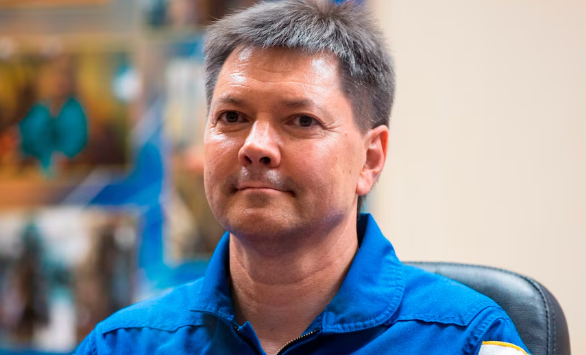Russian Cosmonaut Becomes 1st Person to Spend 1,000 Days in Space
Oleg Kononenko, a 59-year-old Russian cosmonaut, recently achieved a historic landmark by becoming the first person to spend 1,000 days in space. Announced by Roscosmos, this milestone was reached during Kononenko’s fifth mission to the International Space Station (ISS) which commenced on September 15, 2023.
Kononenko’s Space Journeys
Kononenko has been traveling in space since his first trip in 2008, and he has always made improvements to space research. His total amount of space-time was longer than Gennady Padalka’s record of 878 days, which had been held since 2015, until February 2024. Kononenko will have been in space for a total of 1,110 days if his mission ends on September 23, 2024, as planned.
Significance of the Achievement
Kononenko’s accomplishment marks important personal and professional turning points, seeing it as a journey into uncharted territory. In his own words, he talked about how proud and accomplished he felt in an interview with TASS. His American coworkers on the ISS sent him early greetings, which shows how friendly and helpful everyone is on the ISS.
More About Roscosmos
- Establishment and Responsibilities: Roscosmos, officially known as the Russian Federal Space Agency, was established in 1992 following the dissolution of the Soviet Union. It manages Russia’s space exploration activities, including overseeing the lease of the Baikonur Cosmodrome in Kazakhstan.
- Key Developments and Achievements: Roscosmos developed the Soyuz and Progress spacecraft series, which are essential for transporting crew and supplies to the International Space Station (ISS). In 2011, it launched Spektr-R, Russia’s first significant space telescope since the Soviet era.
- Future Plans and International Cooperation: The agency is actively pursuing lunar missions to establish a lunar base by 2040. Roscosmos resumed space dialogue with NASA in 2023 after a period of geopolitical tensions.
Month: Current Affairs - June, 2024
Category: Science & Technology Current Affairs








